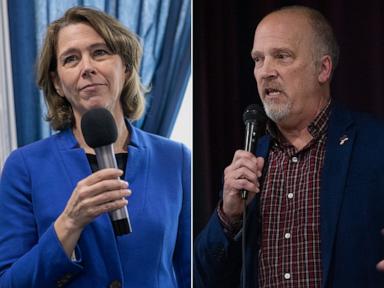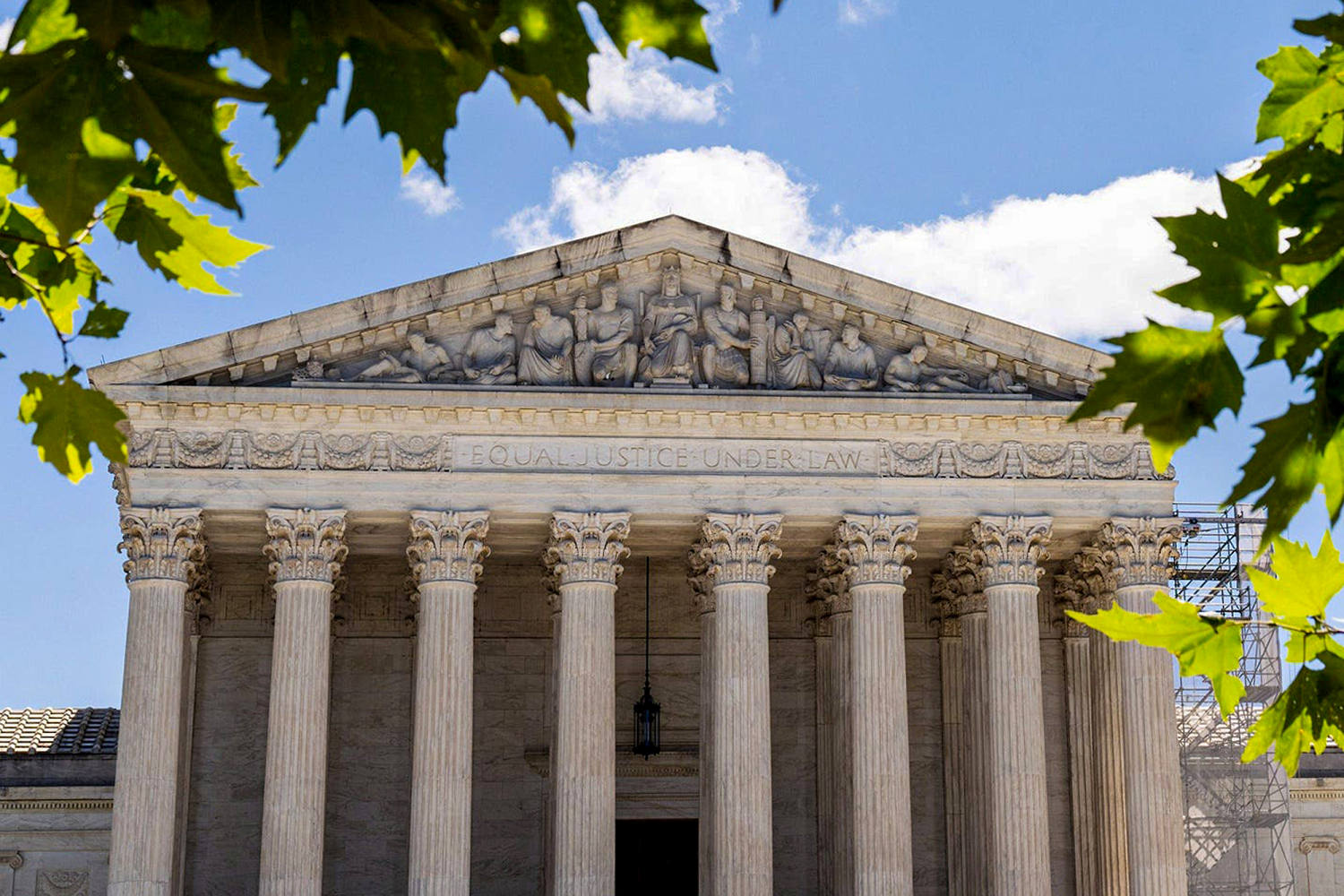The Supreme Court just heard oral arguments in a case about whether the state of Wisconsin can deny a religious organization an exemption to its unemployment scheme because its serves people who do not share the Catholic faith.
The Catholic Charities Bureau has been the official social ministry arm of the Diocese of Superior since 1917. Its goal is to “carry on the redeeming work of our Lord by reflecting gospel values and the moral teachings of the church,” and it provides numerous services to poor and vulnerable populations, including educational and life skills training for disabled individuals, housing for children and mentally disabled individuals, and daycare for working parents.
The organization wants an exemption from Wisconsin’s unemployment insurance system so it can join the Wisconsin Bishops’ Church Unemployment Pay Program, a church-funded unemployment program for lay employees.
Wisconsin’s unemployment insurance system is funded by taxing employers, but nonprofits can opt out of this program if they operate for primarily religious purposes. The Catholic Charities Bureau believes it meets Wisconsin’s criteria to opt out. It tried withdrawing from the state program. The Wisconsin Supreme Court rejected the group’s argument because its programs do not proselytize or “imbue” participants in their programs of the Catholic faith. The court decided that the Catholic Charities Bureau is not operating for “primarily a religious purpose” because it serves non-Catholics and does not condition its services on conversion to Catholicism.
Justices of all ideological stripes took issue with this reasoning. Justice Elena Kagan said at oral argument, “I thought it was pretty fundamental that we don't treat some religions better than other religions.” Justice Neil Gorsuch seemingly agreed with Kagan, asking the parties, “Isn’t it a fundamental premise of our First Amendment that the state shouldn’t be picking and choosing between religions?” The high court looks poised to reverse the Wisconsin Supreme Court’s ruling and protect religious liberty.
Americans of all ideologies should be concerned with the Wisconsin Supreme Court’s decision, because it poses two distinct threats to American society.
First, the decision violates established free exercise of religion precedents by punishing Catholic Organizations for adhering to church doctrine. Second, if upheld, the ruling could undermine the work of religious nonprofits across the nation.
The bureau's mission and services are in line with Catholic social teachings, which require Catholics to live their faith by performing
Topics in this Story












